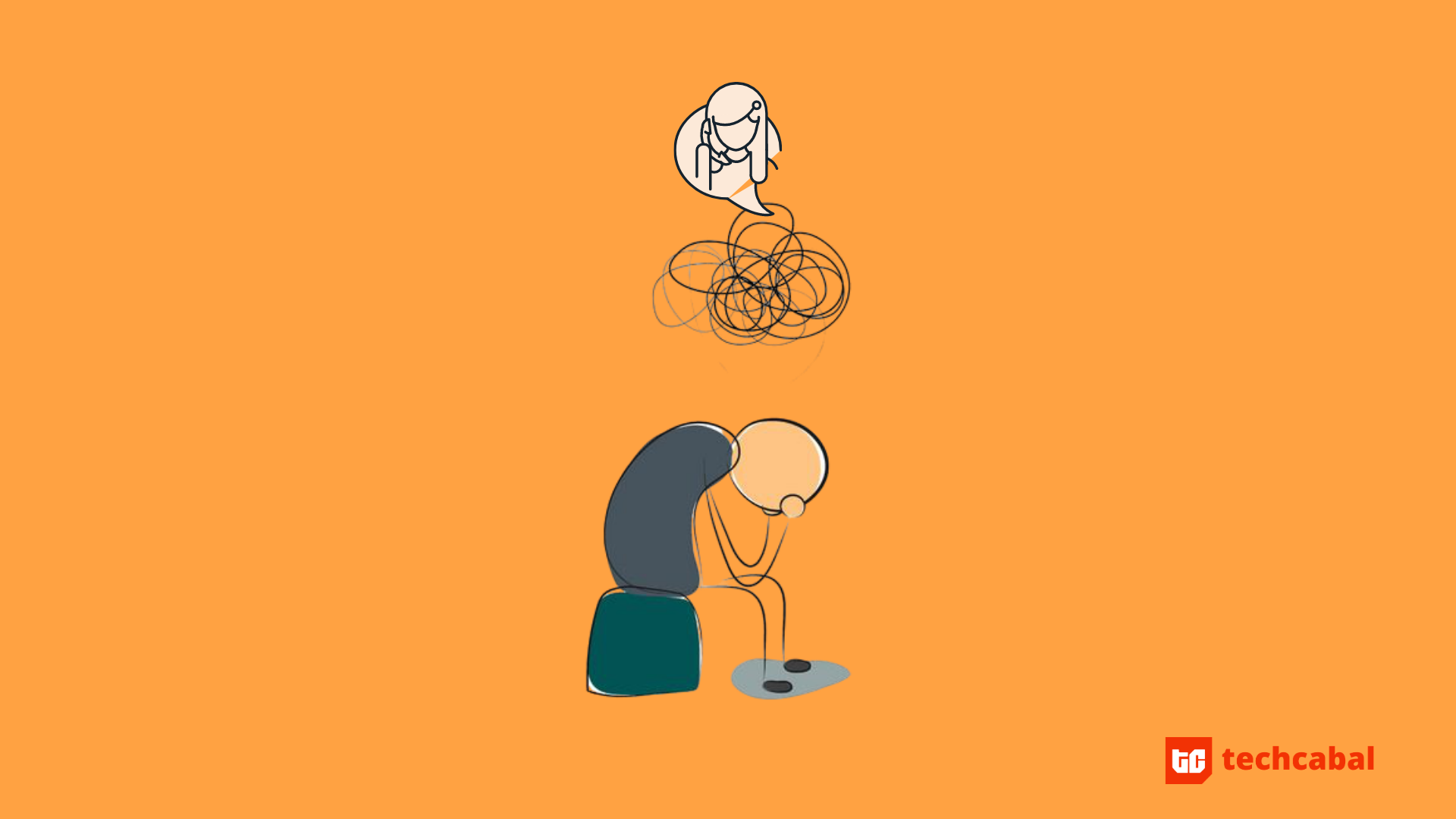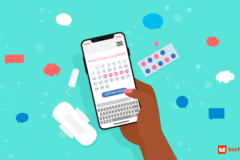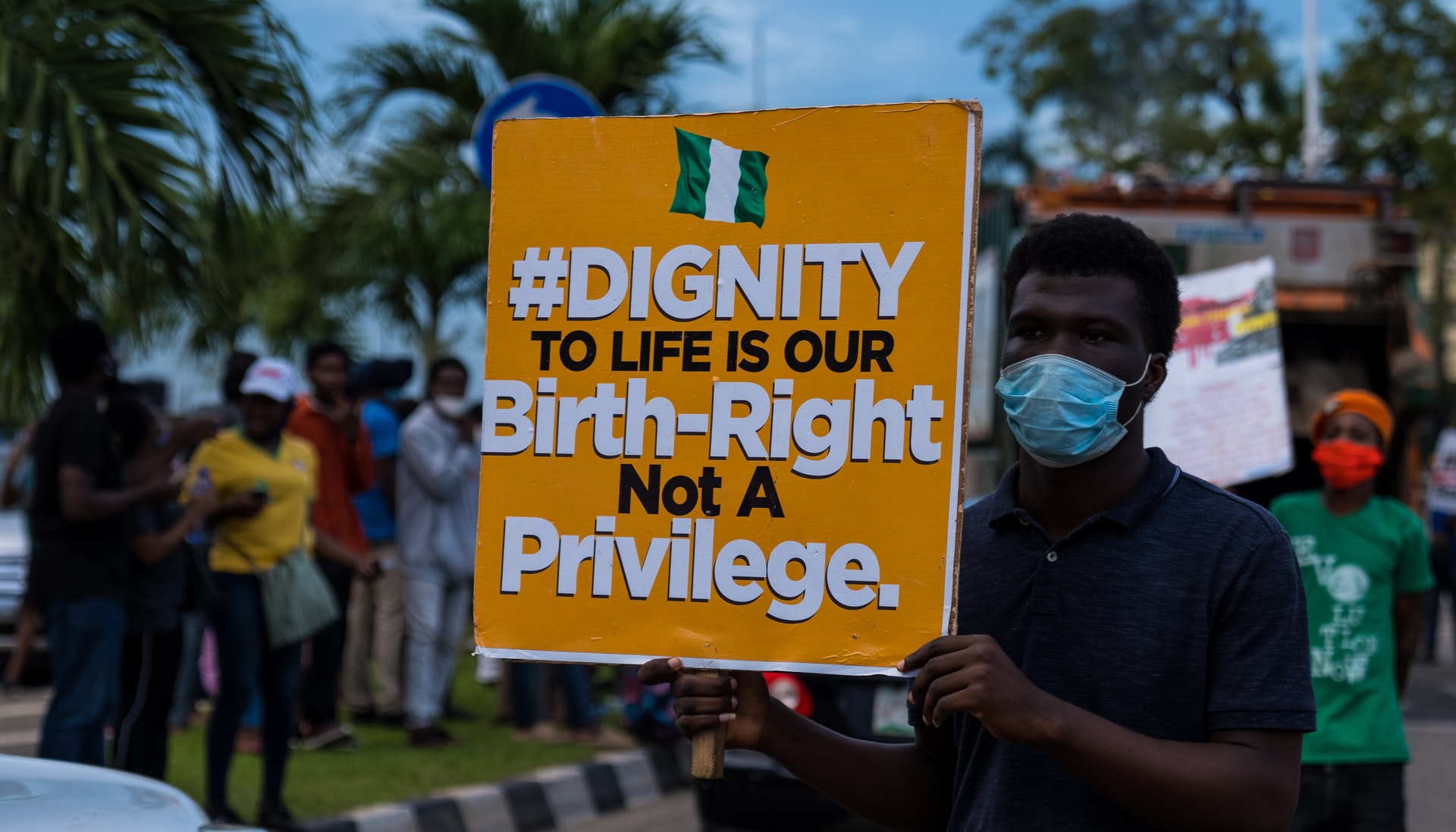Nigeria has a grave deficit of medical doctors. For every 5,100 patients in the country, there is only one doctor available. In mental health care, the numbers are grim. For every 800,000 patients, there is only one available psychiatrist according to figures from the Association of Psychiatrists in Nigeria. When you add the gross lack of medical personnel and institutional support to the negative cultural stereotypes, having a mental health challenge in Nigeria can be almost impossible to deal with.
In the last four years, innovative mental healthcare solutions have sprang up across the country to address both the perception and personnel problem associated with mental healthcare. Enabled by technology tools, these organisations through their online platforms, help lines, SMS services, the use of social media and even virtual reality are reaching more Nigerians with fresh insights into how wide the scope of mental health goes beyond insanity, professional and discreet help among other things.
Hauwa Ojeifo is the founder of one of such platforms. She Writes Woman (SWW) was launched in 2016 from a place of personal pain and experience and with the intent to give back.
As a not-for-profit, the organisation’s efforts are largely supported through local and international funding and/or grants. Although comprising a predominant female workforce and having a handful of female-only initiatives, through its help lines and other similar initiatives, its team of in-house and volunteer psychiatrists and counsellors provide access to psychiatric help, counselling, community and information around mental health issues for both genders.
Ojeifo speaks, in this interview, about the operations of SWW, mental health stats in the last three months of quarantining and lockdowns, working to keep others sane in a pandemic and offers some advice on how to navigate the period.
What is She Writes Woman (SWW)?
SWW is a platform that gives mental health a voice in Nigeria. And we do this by empowering people who are looking for better mental health care, looking to tell their own stories and co-create their own solution. It was founded from a place of personal experience but what makes it ‘She’ is that we are a women-led organisation. Some of our programs are women-only programs but we are a general mental health organisation that any gender can access.
What services does the platform offer on and offline?
Our work cuts across three key areas: policy advocacy, public health reform and intersectional solutions. We have had to make all our offline programs online now because of the pandemic.
We started a 24/7 helpline in July 2016 over which we have logged 6,000+ calls. In October 2016, we started what we believe to be the only mental health support group for women and girls in Nigeria, Safe Place, which has been running since then. In 2018, it became an Airtel Nigeria-sponsored physical community center in Ikeja, Lagos where females can walk in to access mental care like counselling, coaching and other social programmes like mixers, networking events and film screenings where we watch mental-health related movies and have conversations around mental health.
We also have home visits which is our response to vulnerable, marginalised and disadvantaged groups or communities and also our response to emergencies, a disaster-relief type of thing.
Our intersectional solutions is where you see a lot of our work in sexual violence, education and ensuring that aspects of general societal living that intersects with mental health are being addressed.
In the past 18 months we have actively worked on ensuring the bill that is before the National Assembly is a human rights-respecting bill which we’ve done with our allies at the World Health Organisation and Human Rights Watch. We made a groundbreaking first-of-its kind appearance before the National Assembly on the 17th of February, 2020 where I testified before the Senate Committee on Health as a person who lives with a mental health condition and social disability on why it is important that people like me are properly represented across the board when these decisions are being made.
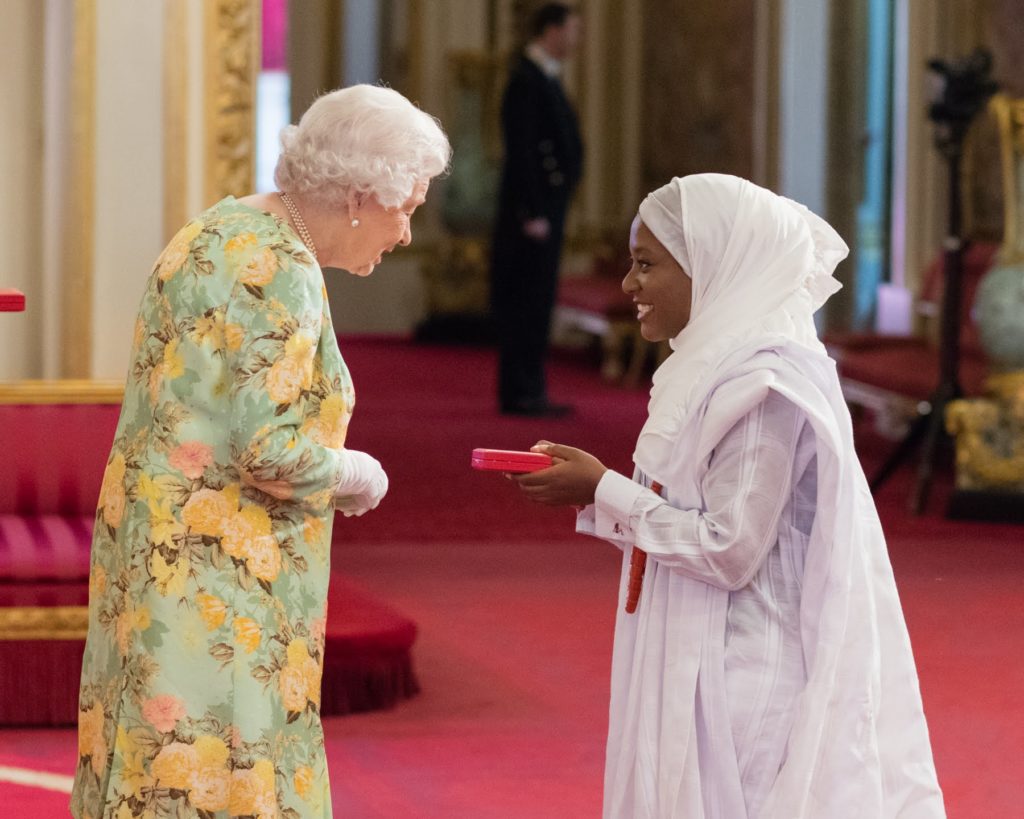
At what stage is the Bill to Protect Persons with Mental Health on its journey to becoming law?
At that time the bill was at its third reading and from the last meeting held a few weeks back, some major changes might be happening based on the advocacy work organisations like ours have done. As much as people are clamouring for a mental health policy, it is very important that we know that just a mental health bill is not going to be the solution to our problem. We need to ensure that the bill is a human rights respecting bill and is not just a mental health bill that is clothed in a different language but has the essence of you know, the Lunacy Act of 1958 and all of that.
How has traffic changed since the pandemic?
I think just like every other health related service, there’s been a spike. As at our half year report that is still being worked on, numbers are showing over 60% increase in the number of calls coming in. And we’re seeing a huge chunk of these calls, about 80%, related to uncertainty, fear, and anxiety that are exacerbated by the pandemic, the lockdown, loss of a source of income and social interaction, or being locked down in places where people do not completely feel safe.
Because we are already a largely female-centered organisation, as always, we are seeing more calls from women but it is not out of trend whatsoever.
Have digital tools helped in increasing awareness and care for mental health patients in the country?
It’s good that we have digital resources as an alternative now. However, it is important that we note that mental health consequences are not equal across board. So while we may all be dealing with some level of stressors, we need to understand that there are still vulnerable, disadvantaged and marginalised people whom we are not able to reach in a pandemic the way we have been able to reach some others because of lack of access.
And that is why it is important that we do not get too carried away with all the tech and realise that we always need to be thinking about the people that are farthest behind, the people that by definition of what we are doing, are already excluded.
How have you and your staff fared during this period?
It is very easy for a mental health organisation to be a place where teams are the most stressed partly because you’re not just dealing with the physical stress of doing your work but for two other reasons. One is that chances are that the issues you are dealing with can be emotionally and psychologically stressful for you.
Beyond that is also understanding that a lot of people who endear themselves to working with mental health organisations are people who, on some level, have experienced it closely.
It tends to be a very tricky balance between running an organisation and ensuring that you are the first beneficiary of the work that you are doing.
Over the last year, we have tried as much as possible to see what worked in terms of flexible hours, having on and off days, knowing when to dismiss for the day. A lot of last year, we worked physically about three times a week. During this lockdown period, we are taking the essence of that same flexibility and applying it.
Yes, there is a spike in people needing the services we are rendering or the programmes that we do however, how do we ensure that we are not leaving ourselves behind, that our own services are available to us in-house? It’s something we are still learning.
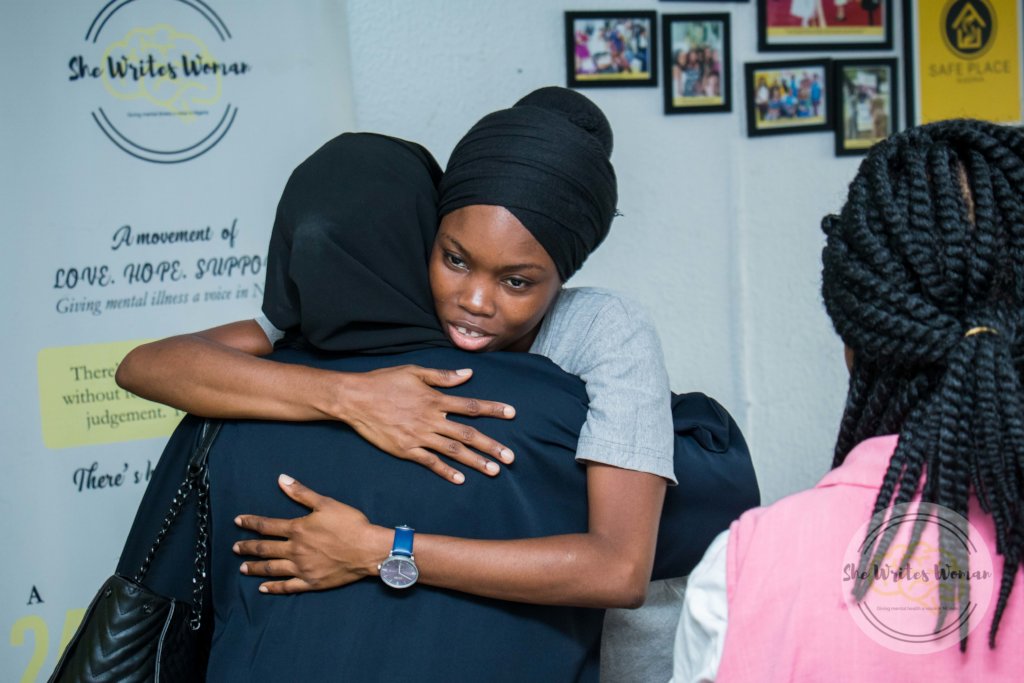
What changes and new projects are you working on at SWW?
We are in the process of making our helpline a toll-free service, again so that it wouldn’t be one’s financial or socioeconomic status that stands in the way of getting support.
We are working on incorporating chatbots to our platform so that certain inquiries do not have to get to the helplines holding the lines up from those who genuinely need it. We are also working on USSD powered mediums to ensure accurate information around mental health scales down to the mass market.
What mental health dynamics are currently underway in the country?
People are now increasingly showing signs of anxiety and depression even if prior to now they didn’t have those experiences and that is because we are in an unusual situation.
We are not seeing the full scale of the mental health pandemic that is silently going on under all of this. It is when the pandemic is over that we are then going to see that people are breaking down or trying to put their lives back together. Right now it is all just dressed as normal fears of living in a pandemic.
Anxiety is really about your mind and body not being present at the same time in the same place. It could be about something that has happened in the past, something that is happening or that is going to happen in the future or you tell yourself could happen in the future.
What is happening with social media and the information overload at this time is that our minds are being overstimulated and exploring all these possibilities that neuroscience tells us cannot be differentiated in the nominal way we look at time as past, present or future.
So while you may presume that you are thinking about things in terms of what might happen, the mind is processing it as happening in the moment and so your body can feel all of the fear and you begin to run from something that has not happened and you begin to act as if something has happened when it has not happened.
Advice on mental care in a pandemic
Now more than ever, people need to prioritise themselves. And when I say prioritize I do not mean it in a selfish way. Now more than ever, we need to realize that we have an opportunity in the face of everything to build resilience through building habits, routines and healthy practices.
However, we also need to practice self compassion. There is no right or wrong way to go about this time as long as we come out of it alive. Self compassion is realising that you are not going to meet all your goals; it is realising that on some days, you may not want to get out of bed early and that is okay. It is realising that these do not mean self inadequacy.
As human beings, we are not hardwired for social isolation. Irrespective of what you do, you have to realise that this period is going to affect you in some way or the other and you need to give yourself permission to feel and experience what you are experiencing because it doesn’t make you abnormal and is only the body reacting to a drastic situation.
***This interview has been edited and condensed for clarity







